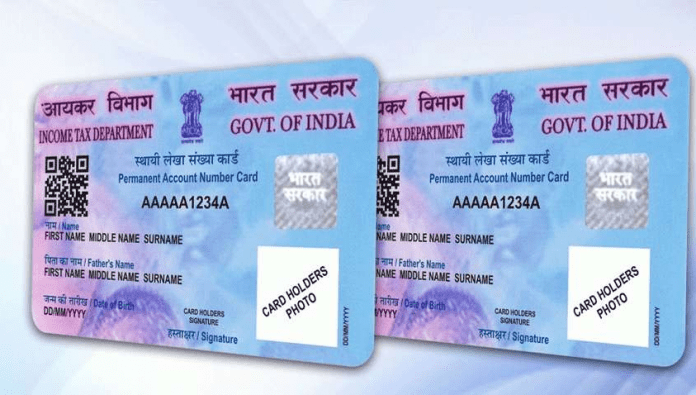The permanent account number i.e. PAN card is used as a very essential document today. Income Tax Department issues PAN card. The purpose of issuing PAN card is to check tax evasion. For these reasons, pan cards are linked to financial transactions. The responsibility for making PAN cards is with two agencies – NSDL and UTITSL.
Solidity of PAN Card
According to information on the income tax department’s website, the once-released pan is valid all over the country for lifetime. It is valid even after the address is changed or the concerned officer changes it.
Should not be more than a
According to the tax department, pan can be the only one. It is illegal to have more than one PAN card. Under Section 272B of the Income Tax Act, 1961, a penalty of Rs. 10,000 will be required to be paid if more than one PAN card is found.
Also Read: How to update address in Aadhaar card online without documentary proof
Pan card making does not mean filing ITR
Filing income tax returns is necessary only if you are covered under section 139 of income tax. If you have only built a PAN card, it is not necessary to file itr now.
PAN required in large purchases or transactions
When you are buying or selling a big purchase such as a car or making a major transaction, you must give a copy of your PAN card. Without it, you won’t be able to do it.
The department also facilitates instant pan.
Income Tax Department has also recently added an instant PAN card function on the e-filing portal. You can apply for an instant pan at the base of your Aadhaar number. You are issued e-PAN, which you can also download.
Here is the use of PAN
PAN is used to file ITR, open bank accounts, buy or sell a car, credit card/debit card. Debit card applications are in the form of jewellery purchases, investments, foreign exchanges, properties, loans, FDs, cash deposits, telephone connections, insurance payments and ID proof.


